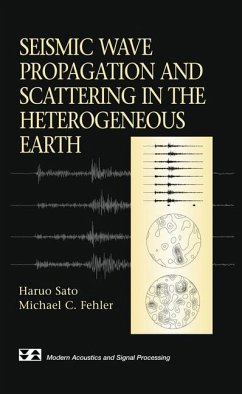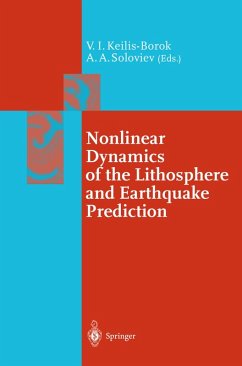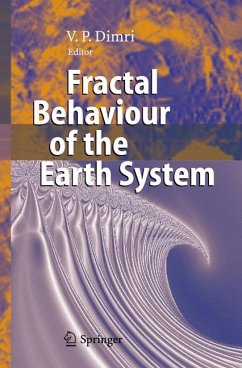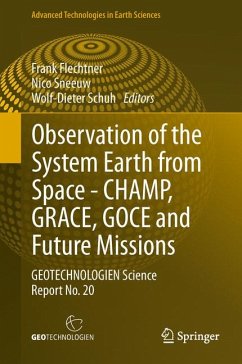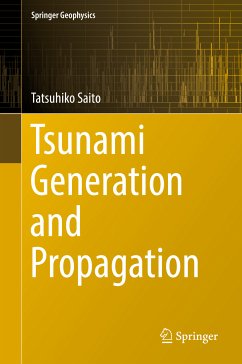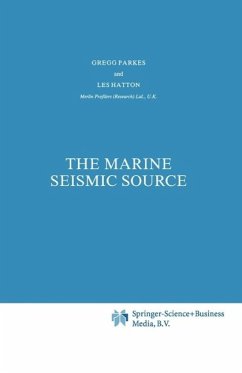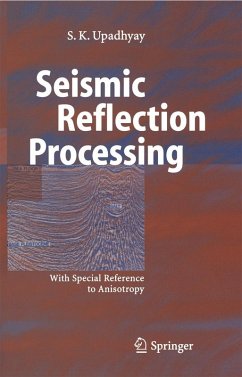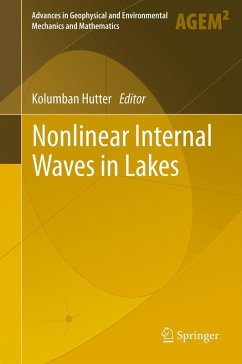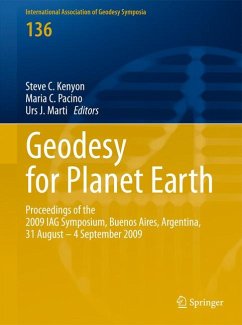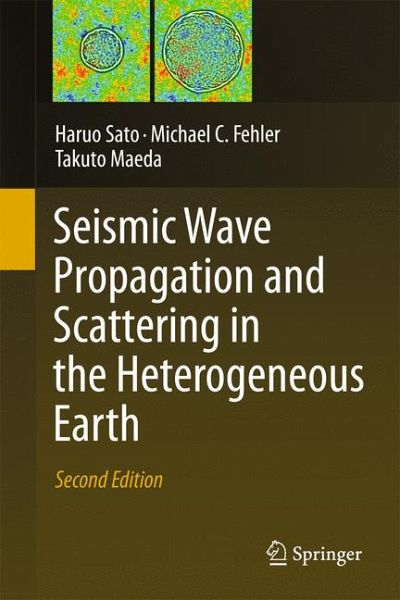
Seismic Wave Propagation and Scattering in the Heterogeneous Earth : Second Edition (eBook, PDF)
Versandkostenfrei!
Sofort per Download lieferbar
216,95 €
inkl. MwSt.
Weitere Ausgaben:

PAYBACK Punkte
108 °P sammeln!
Seismic waves - generated both by natural earthquakes and by man-made sources - have produced an enormous amount of information about the Earth's interior. In classical seismology, the Earth is modeled as a sequence of uniform horizontal layers (or spherical shells) having different elastic properties and one determines these properties from travel times and dispersion of seismic waves. The Earth, however, is not made of horizontally uniform layers, and classic seismic methods can take large-scale inhomogeneities into account. Smaller-scale irregularities, on the other hand, require other meth...
Seismic waves - generated both by natural earthquakes and by man-made sources - have produced an enormous amount of information about the Earth's interior. In classical seismology, the Earth is modeled as a sequence of uniform horizontal layers (or spherical shells) having different elastic properties and one determines these properties from travel times and dispersion of seismic waves. The Earth, however, is not made of horizontally uniform layers, and classic seismic methods can take large-scale inhomogeneities into account. Smaller-scale irregularities, on the other hand, require other methods. Observations of continuous wave trains that follow classic direct S waves, known as coda waves, have shown that there are heterogeneities of random size scattered randomly throughout the layers of the classic seismic model. This book focuses on recent developments in the area of seismic wave propagation and scattering through the randomly heterogeneous structure of the Earth, with emphasis on the lithosphere. The presentation combines information from many sources to present a coherent introduction to the theory of scattering in acoustic and elastic materials and includes analyses of observations using the theoretical methods developed. The second edition especially includes new observational facts such as the spatial variation of medium inhomogeneities and the temporal change in scattering characteristics and recent theoretical developments in the envelope synthesis in random media for the last ten years. Mathematics is thoroughly rewritten for improving the readability. Written for advanced undergraduates or beginning graduate students of geophysics or planetary sciences, this book should also be of interest to civil engineers, seismologists, acoustical engineers, and others interested in wave propagation through inhomogeneous elastic media.
Dieser Download kann aus rechtlichen Gründen nur mit Rechnungsadresse in A, B, BG, CY, CZ, D, DK, EW, E, FIN, F, GR, HR, H, IRL, I, LT, L, LR, M, NL, PL, P, R, S, SLO, SK ausgeliefert werden.




